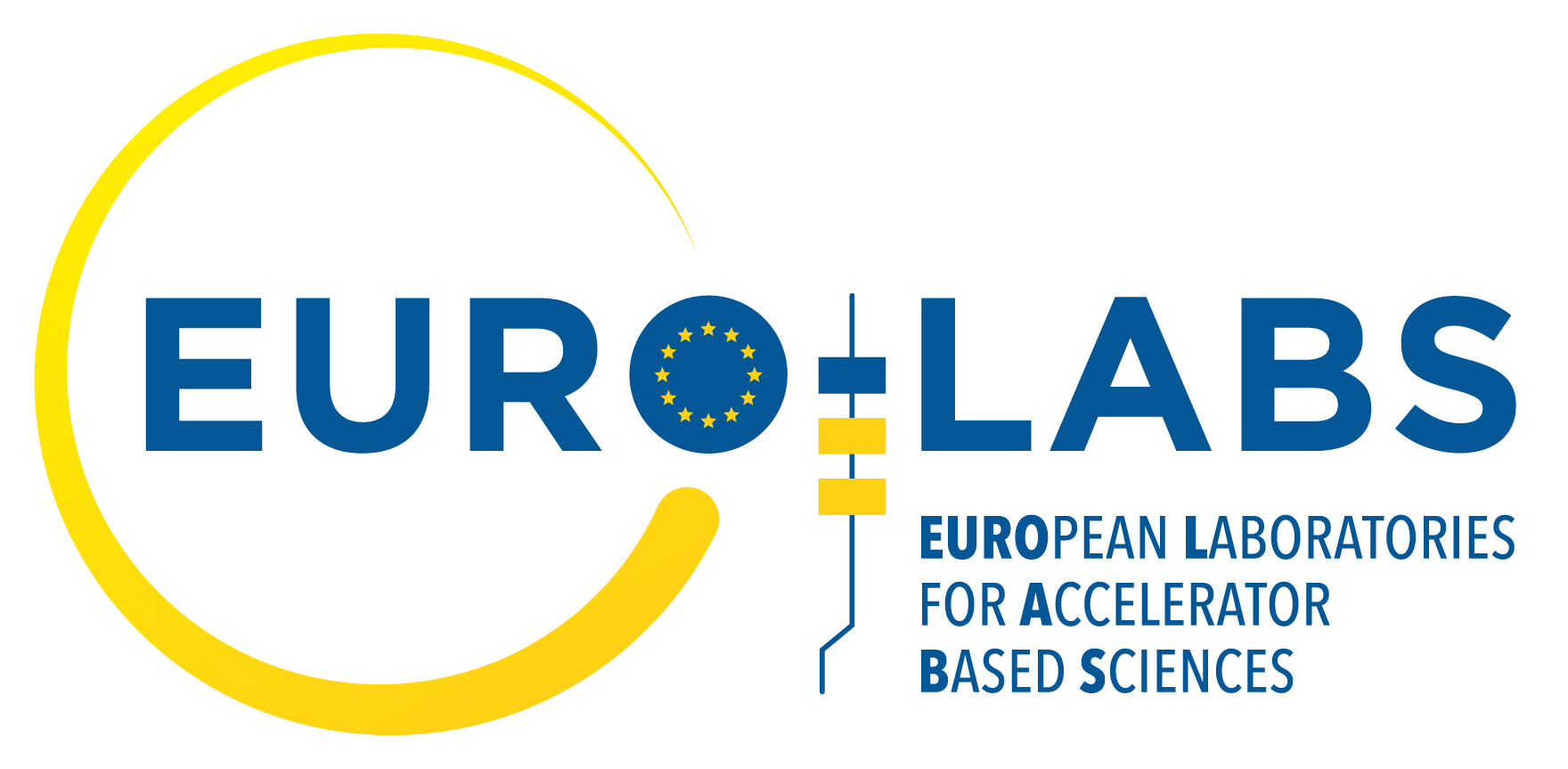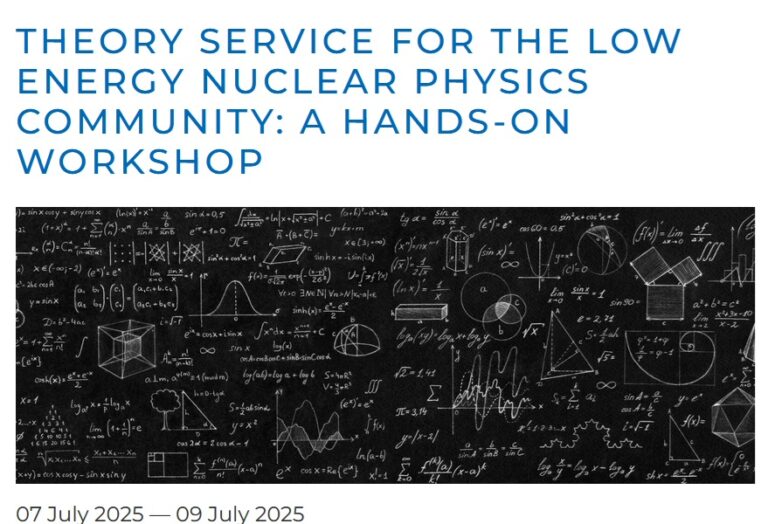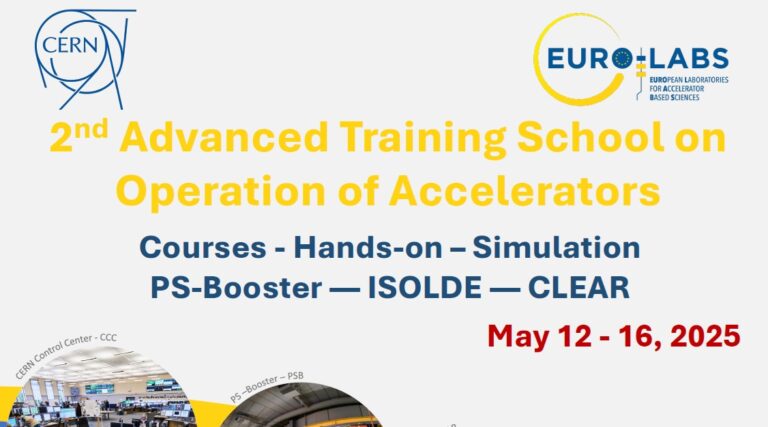Annual Meeting at Ljubljana 29th Sept – 1th Oct 2025
Fourth Annual MEeting (FAME) of EURO-LABS
September 29th -October 1st 2025 – JSI (Ljubljana, SI)
JSI is hosting the Fourth Annual MEeting (FAME) of the EURO-LABS EC funded project from September 29th to October 1st, 2025.
This meeting follows the Kick-Off Meeting (KOM) held in Bologna in 2022, the Second Annual Meeting (SAM) held in Krakow in 2023 and the Third Annual Meeting (TAM) hosted in CERN in 2024.
The annual meeting is an opportunity for participants to comprehensively assess project achievements, share and deliberate upon outcomes, and strategically outline future steps.
Attendance is encouraged for all EURO-LABS members as well as users of the facilities, particularly students and early career researchers.
A workshop dinner is organized for Tuesday September the 30th, at the City Museum.
The Governing Board (GB) meeting is scheduled for the afternoon of Wednesday, October 1st.
You can access the preliminary agenda, other events details and the registration form through the indico link : https://indico.cern.ch/event/1572254/overview
Deadlines:
Registration for FAME will open on August 1st and close on September 15th.
European Laboratories for Accelerator Based Sciences (EURO-LABS), a programme for research infrastructures services advancing the frontiers of knowledge, aims to provide unified transnational access (TNA) to leading Research Infrastructures (RI) across Europe. The programme brings the nuclear physics, the high-energy accelerator, and the high-energy detector R&D communities together to foster collaborations and to stimulate synergies.
With 33 partners from European countries, EURO-LABS forms a large network of RIs, offering TNAs ranging from a modest size test infrastructure to large scale ESFRI facilities. The offered access enables research at the technological frontiers in accelerator and detector development to explore new physics ideas and open wider avenues in both basic and applied research in diverse topics ranging from optimal running of reactors to mimicking reactions in the stars.





